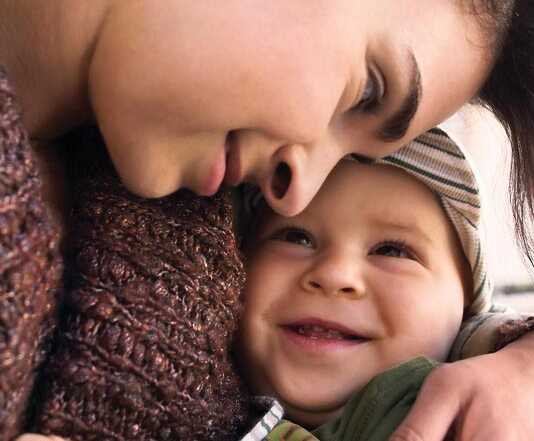
A parent’s guide for medicine use by children
Medicines can help your children feel better and stay active. Sometimes they even save lives.
To work the way they should, medicines must be used properly. When we make mistakes in the way we give medicines, children don’t get well.
Some mistakes cause problems that can put your child’s health include:
- Stopping a medicine too soon or too suddenly.
- Not giving enough of a medicine (forgetting or skipping doses and giving them at the wrong times).
- Letting a child refuse to take a medicine (or deciding on your own not to follow the doctor’s advice).
- Giving too much of a medicine (giving larger doses or giving them more often than advised)
How can you be sure that you do what’s best for your child? The first step is to speak up. Talk to your health professionals, your children, and the others who take care of your children about every medicine they take.
Talk to your health professionals
- Discuss the decision to begin or continue use of any medicine. Find out about non-drug approaches that may be used along with medicines.
- Ask your doctor to explain the benefits and the potential risks of medicines he or she prescribes for your child.
- Tell your doctor or pharmacist about other medicines your child is taking, including over-the-counter medicines. This can help prevent drug interactions.
- Never stop, or adjust, the dosage of your child’s medicine without consulting the doctor.
- Monitor and report on your child’s response to the medicine. If you think it is causing side effects, let the doctor know. Don’t be afraid of “bothering” him or her. Doctors need feedback to give the best treatment.
- Call the doctor or pharmacist if you have other questions later on. Don’t “guess” when it comes to medicines
Talk to your child
- Teach your children that proper use of medicines, is a key to good health, just like eating right or brushing your teeth.
- Explain the difference between legitimate medicines and illegal drugs. Use only the word “medicines” to talk about prescriptions and over-the-counter medicines. Use the term “drugs” to refer to illegal substances.
- Encourage your children to ask questions of the doctor and pharmacist about the medicines they will be taking. Show them how by your example.
- Decide together which responsibilities you and your child will have in following the treatment. A younger child might help you remember each dose; a teenager might take the lead, with you monitoring and providing back up.
- Get your child’s help in solving problems that make it hard to follow treatment, such as remembering medicine in a busy schedule, taking medicines in school, and coping with side effects.
Talk to others who care for your children
The other parent
Both parents and step-parents should be involved in helping the child take medicine. Share information you get from the health professional. Explain instructions. Clarify the roles each of you will play.
Grandparents, day care helpers, babysitters
Explain the medicine schedule and treatment details to all those who give your child medicine in your absence. Follow up to be sure your instructions were carried out.
School and teachers
Tell school personnel if your child is taking a long-term medicine or if a dose is needed during school. Involve the teacher or school nurse in watching for side effects, problems in taking medicines, or other problems.
Wellness: General Health
Every Parent Must Know
A parent's guide for medicine use by children Medicines can help your [...]
Heart Attack
Controlling your risk factors for a first heart attack. There's a lot [...]
Depression and Youth
Straight talk about depression for young adults You may not know exactly [...]
Heartburn and GERD
Sometimes heartburn is more than just heartburn... sometimes it's GERD (gastroesophageal reflux [...]
Poisoning
What if a poisoning occurs? Call Poison Control Center at 212-340-4494 or [...]
HIV and AIDS Help
Anonymous HIV Counseling and Testing Program HIV is a virus that can [...]







